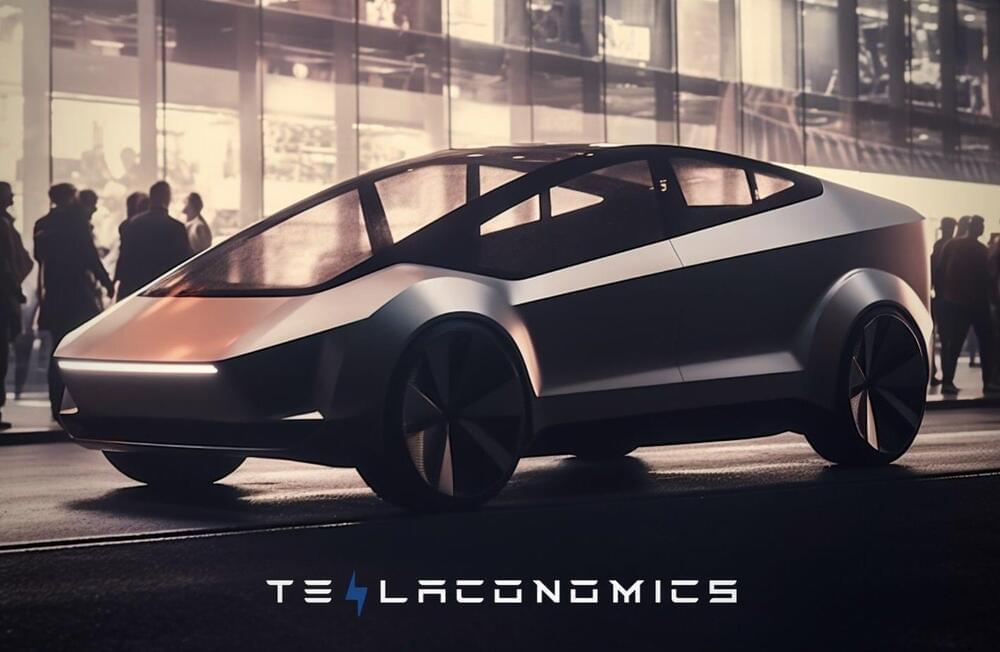In the ongoing fight against climate change, is it better to plant trees or allow nature to do it for us? This is what a recent study published in Nature Climate Change as a team of international researchers investigated the cost-effectiveness of reforestation for mitigating the effects of climate change, specifically regarding whether planting trees or natural reforestation are appropriate measures for this effort. This study holds the potential to help scientists, conservationists, and the public better understand the steps that can be taken to mitigate the effects of climate change, for both the short and long term.
“Trees can play a role in climate change mitigation, for multiple reasons,” said Dr. Jacob Bukoski, who is an Assistant Professor in the Oregon State University College of Forestry and a co-author on the study. “It’s pretty easy to understand that forests pull carbon dioxide from the atmosphere and store it, and trees are something pretty much everyone can get behind – we have seen multiple bipartisan acts for tree planting introduced in Congress. This study brings a nuanced perspective to the whole ‘should we plant trees to solve climate change’ debate.”





